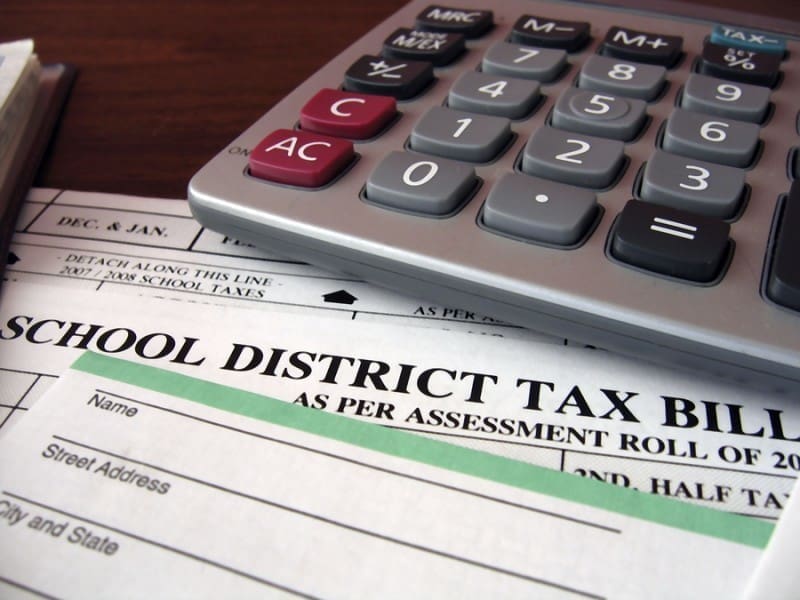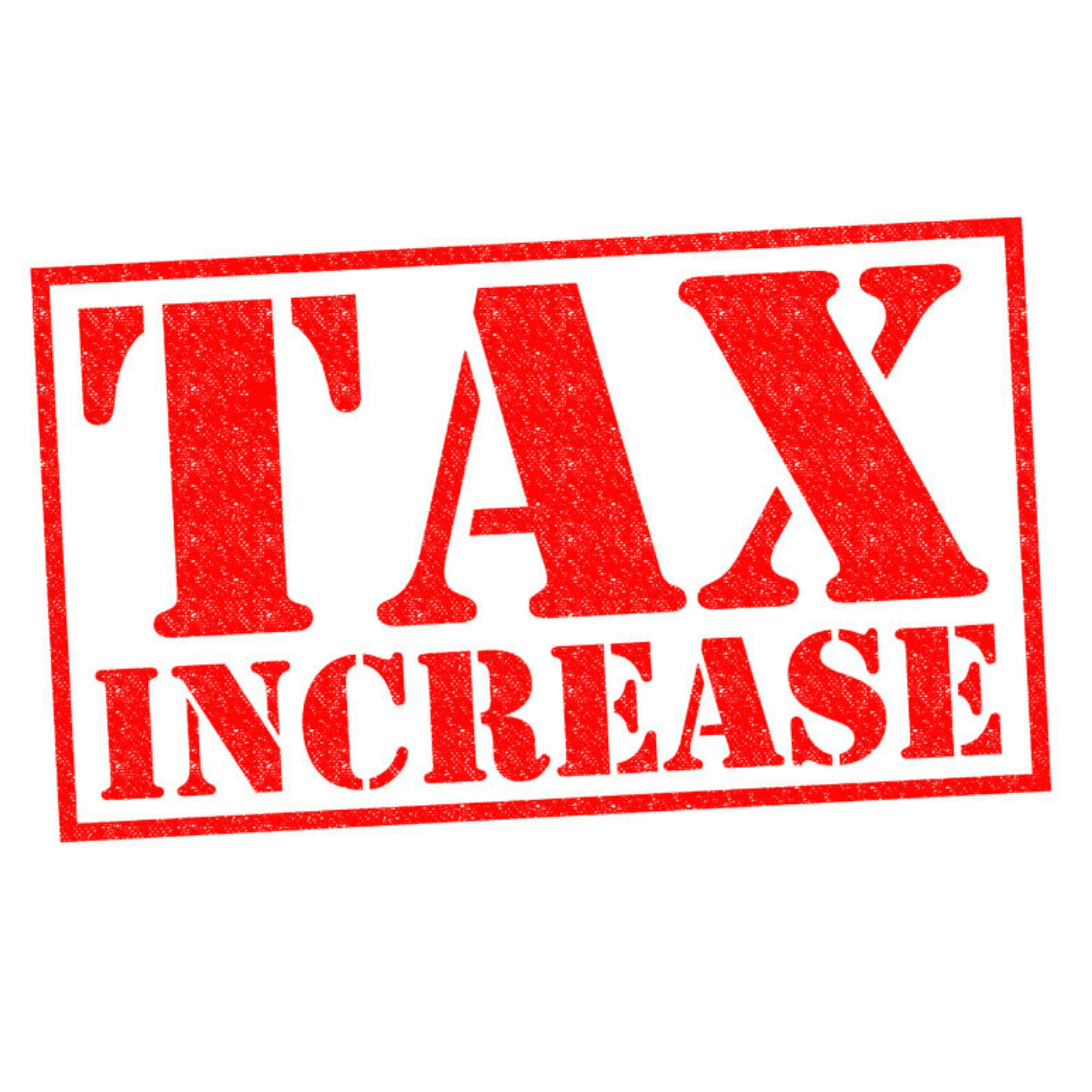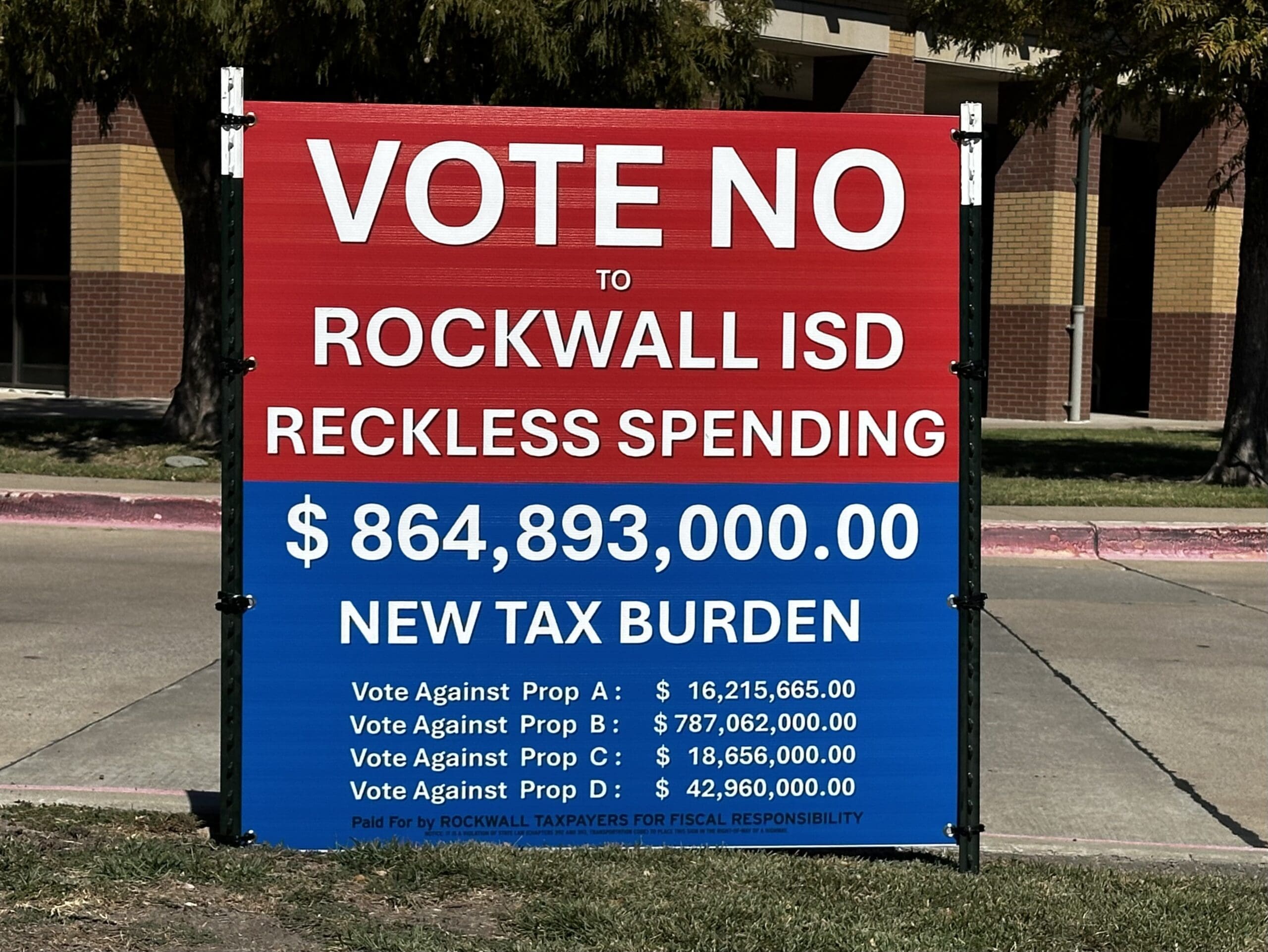AUSTIN — As Texas continues to have some of the highest property taxes in the United States, a recent report revealed more of the consequences on everyday Texans.
According to a June report from Move.org, three of the top 10 worst livable cities in America for minimum-wage employees are in Texas: Plano, Dallas, and Austin.
Plano and Austin ranked second- and third-worst, respectively, and Dallas ranked as the eighth-worst city.
The report said for a minimum-wage employee to afford the rent for a median-priced, one-bedroom apartment in Plano or Austin, they’d have to work more than 163 hours a month.
That’s not including any other cost of living—like food.
Though a variety of factors affect the overall cost of living, one that certainly makes it harder is Texas’ local government officials constantly piling on higher property tax bills.
For instance, the Democrat-run Austin City Council has raised taxes by a startling 150 percent over the last 13 years. In 2008, the council charged the median homeowner $705 on their annual city property tax bill. Today, it’s more than $1,740 and still rising.
Meanwhile, Plano and Dallas city councils have raised the average homeowner’s property tax bills a respective 41 and 65 percent over the last seven years.
And as officials charge citizens more money, everyone in the city has to charge more to pay the higher tax bills—cue apartments raising rents, grocery stores increasing prices, barbershops marking up fees, you name it.
But the engine driving up bills is fairly simple: officials’ unhinged spending.
Austin city officials, for example, spend more than $4,000 per man, woman, and child—roughly double what city officials in Dallas or Houston pay—and Texas Scorecard has frequently documented the ludicrous ways Austin wastes citizens’ hard-earned cash.
Furthermore, a recent Truth in Accounting national report found that eight of nine analyzed Texas cities entered 2020 as “sinkhole cities,” meaning local government officials currently don’t have enough taxpayer money to pay all of their outstanding debts.
Austin and Dallas both earned “D” grades, with Dallas scoring the lowest among the Texas cities. In 2019, Dallas had $2.79 billion to pay more than $7 billion worth of obligations, which means city officials would need to take an additional $13,500 from each taxpayer to pay off the $5 billion-plus difference, by far the heaviest burden of Texas cities in the report.
Plano, on the other hand, was the only city to earn a “sunshine” designation, meaning their officials currently had enough taxpayer money on hand to cover their bills.
However, Texas as a whole earned the title of a “sinkhole state.” The state government would need to take $11,000 more from each taxpayer to pay off all debts.
Despite Republican politicians controlling the state government for years, state lawmakers have thus far failed to control their spending and give Texans relief from unbearable property tax bills. The Republican-controlled Legislature did not even address the glaring issue during this year’s legislative session, but some lawmakers are now calling for action in the upcoming July special legislative session.
Concerned citizens may contact their state representative, their state senator, or Governor Abbott. Citizens may also contact their local government officials, as they will begin deciding next year’s tax rate over the summer.





